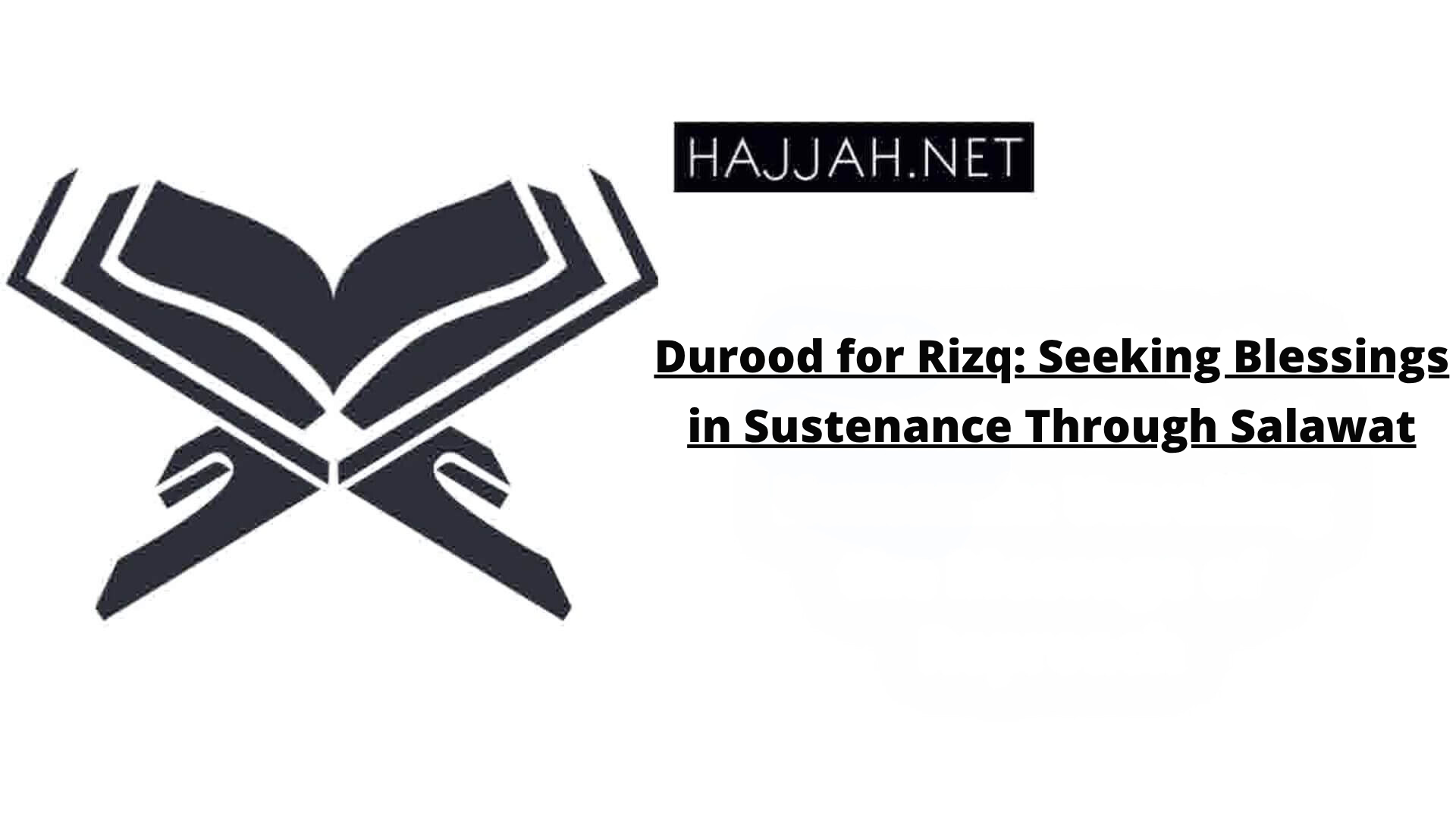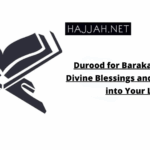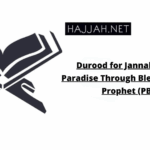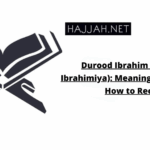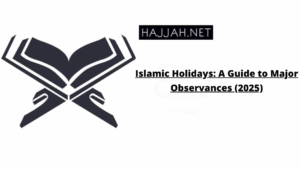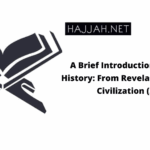In Islam, Rizq encompasses all forms of sustenance, provision, and blessings bestowed by Allah SWT (God) – from material wealth and livelihood to health, knowledge, and peace of mind. Muslims are encouraged to seek lawful Rizq through diligent effort and also to turn to Allah through prayer and acts of devotion. One such profound act, deeply cherished in Islamic tradition, is the recitation of Durood (or Salawat) – sending peace and blessings upon Prophet Muhammad (peace and blessings be upon him).
While direct, transactional formulas like “recite X Durood for Y wealth” are not the primary way Islamic teachings frame the acquisition of Rizq, there is a strong understanding and basis in tradition that sincere and frequent recitation of Durood can indeed be a powerful means of attracting Allah’s mercy and Barakah (divine blessings/abundance) in one’s sustenance. This article explores how this spiritual practice is believed to contribute to blessings in Rizq.
The Significance of Durood (Salawat) in Islam
Before delving into its connection with Rizq, it’s essential to understand the high station of sending Salawat upon the Prophet (PBUH):
Also Read
- A Divine Command: Allah SWT Himself commands the believers in the Quran:
“Indeed, Allah confers blessing upon the Prophet, and His angels [ask Him to do so]. O you who have believed, ask [Allah to confer] blessing upon him and ask [Allah to grant him] peace.” (Quran 33:56 – Surah Al-Ahzab)
- Angelic Practice: The verse also indicates that the angels constantly send blessings upon the Prophet (PBUH).
- Prophetic Encouragement: Prophet Muhammad (PBUH) repeatedly encouraged his followers to send Salawat upon him, highlighting its immense rewards.
- General Benefits: Authentic Hadith state that for every Salawat a person sends, Allah sends ten blessings upon them, forgives ten sins, and elevates their rank by ten degrees (An-Nasa’i – Sahih).
How Durood May Contribute to Increased Rizq and Barakah (Blessings in Sustenance)
The link between reciting Durood and an increase or Barakah in Rizq is understood through several interconnected spiritual principles:
-
Attracting Allah’s Mercy and Blessings (Rahmah & Barakah): Sending Salawat upon the Prophet (PBUH) is an act deeply beloved by Allah. When a servant engages in acts that please Allah, it opens the doors to His infinite Mercy (Rahmah) and Blessings (Barakah). Barakah signifies an increase in goodness, abundance, and divine favor in whatever one possesses, including their wealth, time, and family. Thus, a life filled with Salawat is more likely to be imbued with this blessed increase in all provisions.
-
A Means for the Acceptance of Du’a (Supplication): It is a highly recommended etiquette in Islam to begin and end one’s personal Du’as (supplications) with praise for Allah and Salawat upon the Prophet (PBUH). Scholars have stated that a Du’a framed between two Salawat is more likely to be accepted by Allah. Therefore, when making Du’a specifically for an increase in lawful Rizq, including abundant Salawat enhances its potential for acceptance.
-
Relief from Worries and Fulfillment of Needs (A General Principle): A well-known Hadith narrated by Ubayy ibn Ka’b (may Allah be pleased with him) illustrates this profoundly. Ubayy asked the Prophet (PBUH) how much of his Du’a time he should dedicate to sending Salawat upon him, eventually suggesting he would make all of his Du’a time for Salawat. The Prophet (PBUH) replied: “Then your worries will be taken care of, and your sins will be forgiven.” (Tirmidhi – Graded Hasan). Financial hardship and concerns about sustenance are significant sources of worry. The alleviation of such worries and the fulfillment of needs, as promised through abundant Salawat, directly translates to ease and blessings in one’s Rizq.
-
Following the Sunnah Invites Overall Blessings: Emulating the practices and character of Prophet Muhammad (PBUH), including his encouragement for frequent Salawat, naturally draws divine blessings into all aspects of a believer’s life, sustenance included.
-
Spiritual Purification Leading to Openings: Devotional acts like Durood purify the heart and soul. A purified state makes a servant more receptive to Allah’s grace and assistance. Some scholars suggest that spiritual purity and nearness to Allah, achieved through acts like Salawat, can remove spiritual blockages that might hinder the flow of Rizq.
-
A Note on Specific Duroods and Direct Wealth Claims: While the general principle of any authentic Salawat (especially Durood Ibrahim, recited in Salah) bringing Barakah is well-established, sometimes specific, often longer or less universally known Duroods, are circulated with claims of immediate or specific material wealth benefits. It’s important to approach such claims with caution and verify their authenticity and basis from knowledgeable, mainstream scholars. The core principle lies in the sincere act of sending blessings and the overall Barakah it invites, rather than a specific “formula” for riches. Islam emphasizes lawful earning and effort alongside spiritual means.
The Holistic Islamic Approach to Seeking Rizq
While reciting Durood is a powerful spiritual tool, Islam advocates for a balanced and comprehensive approach to seeking sustenance:
- Making Sincere Du’a: Directly asking Allah for Halal (lawful), Tayyib (good and pure), and Was’i (abundant) Rizq.
- Diligent Effort (Kasb): Actively seeking and working for a lawful livelihood through permissible means.
- Trust in Allah (Tawakkul): Relying on Allah for the outcome after putting in one’s best effort.
- Gratitude (Shukr): Being thankful for the blessings one already possesses, as gratitude is a means of increasing blessings (“If you are grateful, I will surely increase you [in favor]” – Quran 14:7).
- Seeking Forgiveness (Istighfar): Repentance is often linked in the Quran and Sunnah to an increase in provision.
- Giving Charity (Sadaqah & Zakat): Purifying one’s wealth through obligatory Zakat and voluntary Sadaqah is believed to invite more blessings and increase sustenance.
- Maintaining Ties of Kinship (Silaturrahim): Upholding good family relations is mentioned in Hadith as a means of increasing one’s lifespan and Rizq.
- Avoiding Haram (Unlawful) Means: Ensuring earnings are from permissible sources.
Conclusion
Reciting Durood (Salawat) upon Prophet Muhammad (peace and blessings be upon him) is a deeply virtuous act in Islam, rich with spiritual rewards and immense blessings. While there may not be numerous direct Hadith that narrowly prescribe “recite this specific Durood X times for Y amount of wealth,” the broader Islamic understanding strongly supports that this beloved act of devotion attracts Allah’s infinite mercy, facilitates the acceptance of Du’as (including those for Rizq), alleviates worries (which often include financial concerns), and brings overall Barakah (blessed abundance) into a believer’s life and provisions.
Therefore, frequent and sincere recitation of Durood, particularly well-established forms like Durood Ibrahim, when coupled with earnest Du’a for sustenance, diligent Halal effort, unwavering trust in Allah, and consistent gratitude, forms an integral part of a holistic Islamic approach to seeking blessed and ample Rizq.

